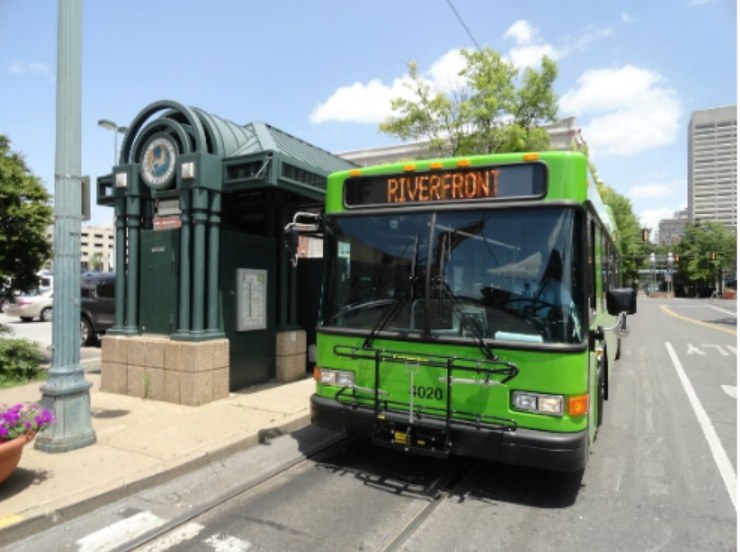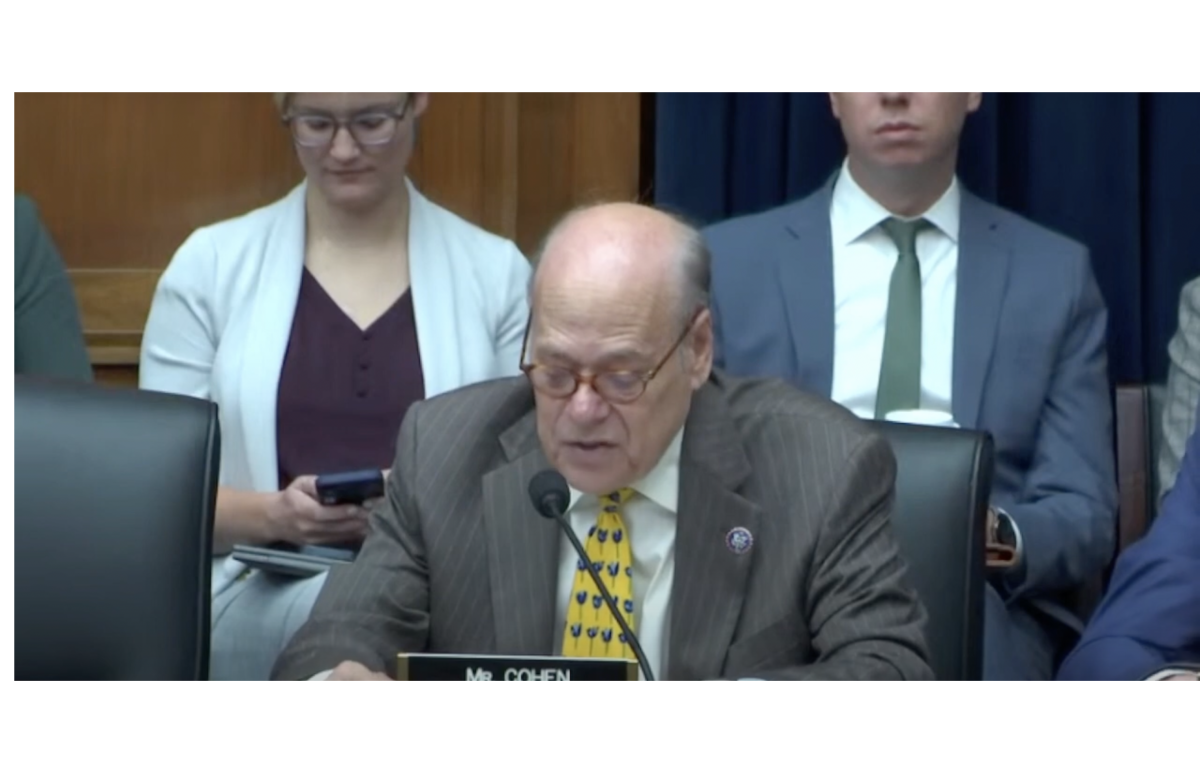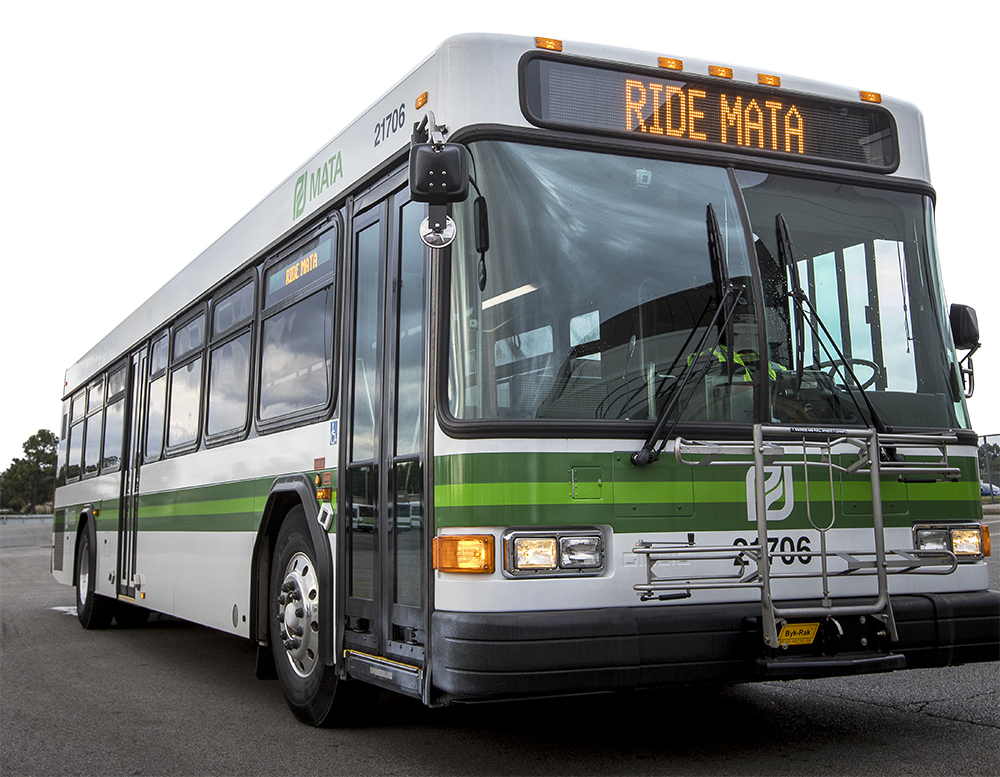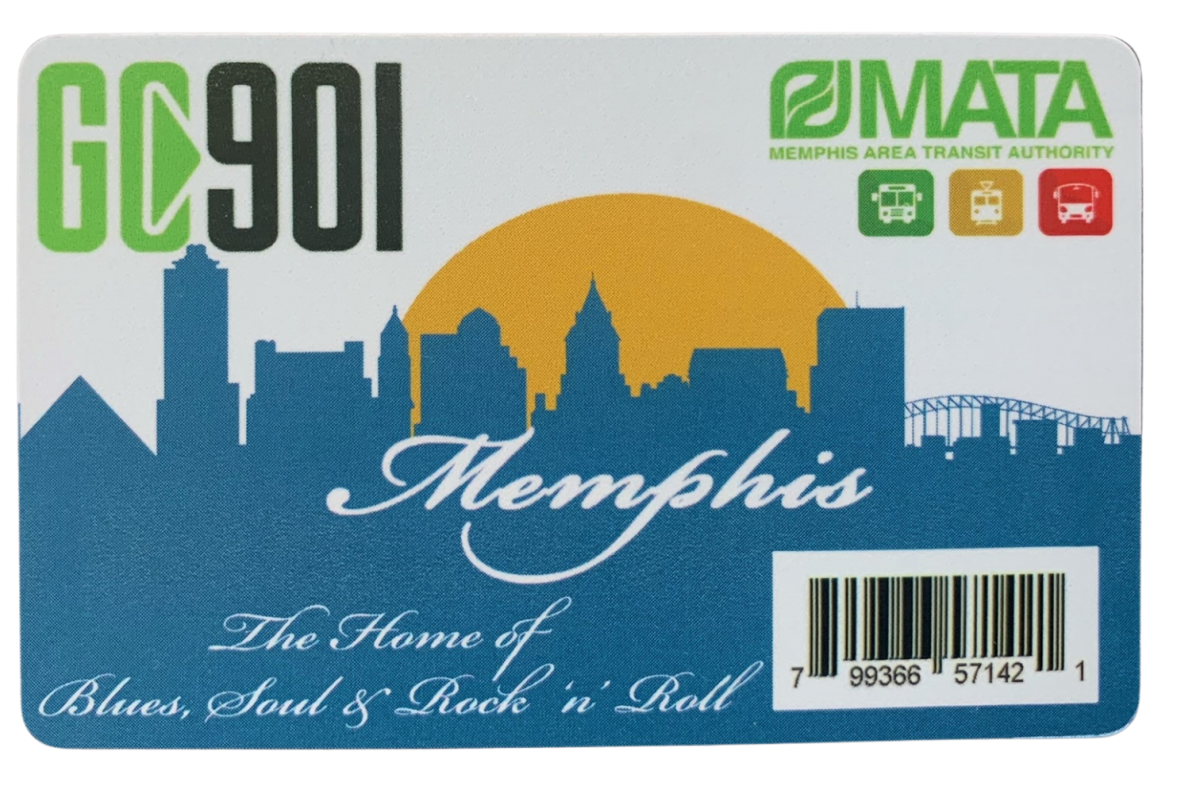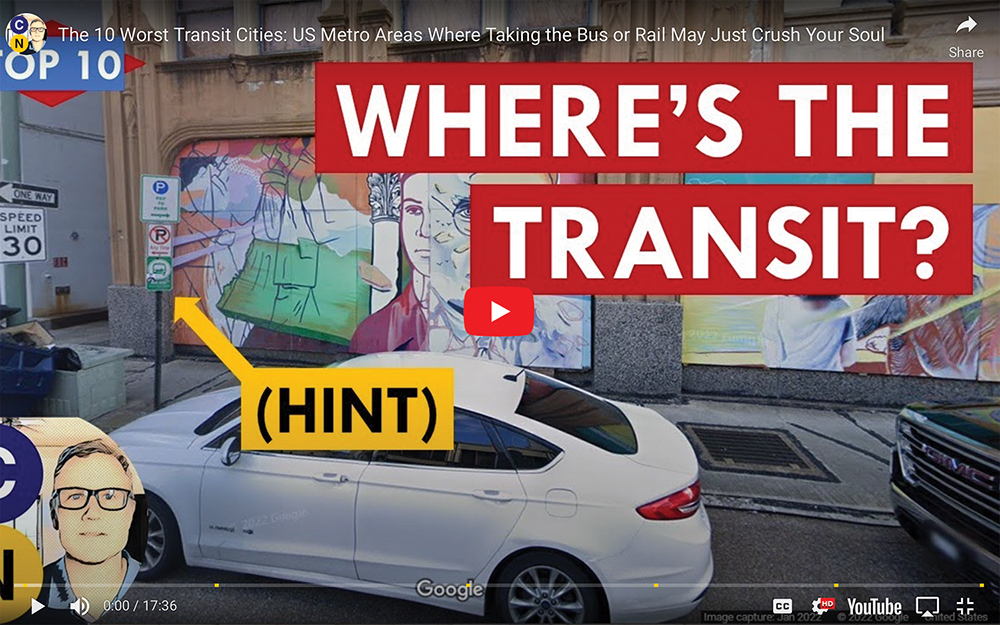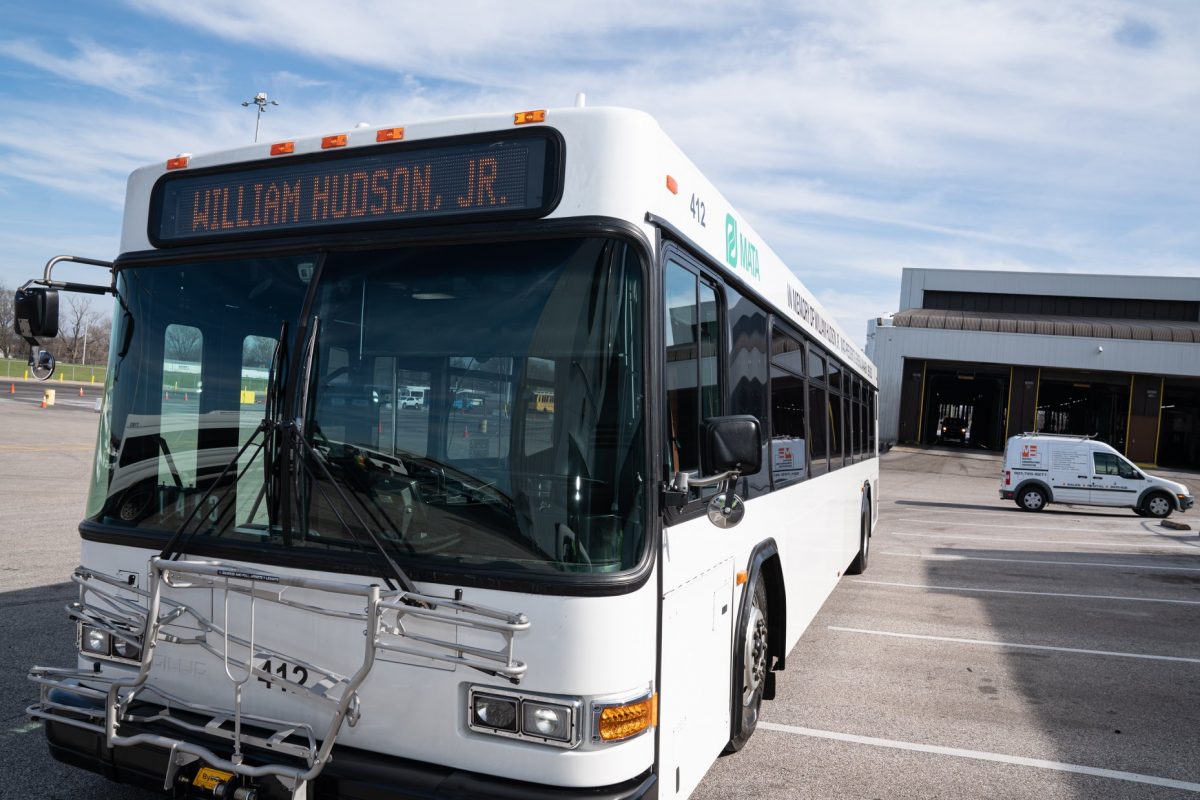In a place like Memphis, living without easy access to a car seems impractical, if not impossible. Crisscrossed by highway-like boulevards that rival Atlanta or Los Angeles, and occasionally narrow-shouldered by thin pedestrian sidewalks, this is a city where both daily essentials and places of interest are largely dependent on automobile travel.
Perhaps unsurprisingly, only 11 to 12 percent of households do not own at least one car. Many of them are elderly and cannot afford to shoulder the costs of purchasing, insuring, and maintaining even a used vehicle.
Furthermore, the sections of the city where walking or even bicycling are more practical are considerably more expensive than those that are not — putting them out of reach for economically disadvantaged people, consistent with systemic racism in housing and the historical realities of segregation and redlining in Memphis.
Anyone without a car relies on a patchwork of family help, ridesharing such as Uber and Lyft, and a public transportation system that remains patchy despite improvements and plans for the future. With relatives’ busy work schedules, the cost and heavy demand on a limited number of rideshare cars, and bus lines that don’t go where some people in need are located, these are incomplete solutions.
The consequences are more profound than mere inconvenience. Our organization, which focuses on providing transportation options to senior citizens needing to get to healthcare appointments, is particularly invested in the relationship between disrupted travel options and care outcomes.
A study in the Journal of Community Health pointed to such an impact weighing especially heavily on those who live in poverty — and cutting harshly across racial and socioeconomic lines. For example, an analysis of cancer patients living in Texas showed that while 38 percent of white adults cited poor access to a vehicle as a barrier that could result in missing a cancer treatment, the same figure was 55 percent for African-American adults and 60 percent for Hispanic adults sampled. It would not be an exaggeration, in this sense, to argue that transportation gaps can literally shorten life spans and reinforce existing inequities.
It is heartening to see plans for infrastructure updates in Memphis that include express bus lines, more pedestrian and bicycle paths, and new bridges. But with the city still taking public comment and input on what is needed and how it would impact its residents, there is plenty of opportunity left for advocacy. In particular, it is our hope that certain core principles do not get lost.
First, it will continue to be important to think outside the box in getting Memphians, particularly the elderly and disadvantaged, where they need to go.
The public sector and MATA will continue to play their essential roles, but the question remains how nonprofit organizations, religious groups, hospitals and clinics, and neighborhood partners can step in, both to connect those in need with existing transportation resources and to pool our financial and logistical wherewithal to plug the remaining gaps. This is especially the case for organizations whose projects benefit from the opportunity provided by federal funding: What can be done to maximize its impact, and focusing more on granular, neighborhood-based projects, what can be done to address direct, rather than large-scale transport needs?
Second, charitable organizations that provide rides to people, as well as their partners, need to work to bridge the information and communications gaps that exist. Individuals, as well as their families, are often unaware of the services available to them, and whether through an online or social media-based approach or through traditional marketing and advertising, the different groups in the city providing such services need to make their work and partnerships with one another clearer to members of the community.
Third, to take a higher up view, the city must not only embrace, but also encourage even more updates to Memphis’ physical infrastructure to allow for more connections made on foot. In the medium- to long-term, the impact from decreased pollution levels, more physical activity, and more direct connections between once-isolated sections of our city will have a positive cumulative impact on many health conditions, including chronic illnesses, which many Memphians face.
Current efforts form an encouraging and welcome beginning, but when it comes to creating physical spaces more conducive to good health and social inclusion, the only direction is forward. Even if Memphis remains a “city of the car” for the foreseeable future, we can still ignite a new approach to transportation that benefits everyone.
Courtney McNeal is the Strategic Partnerships Manager at Innovate Memphis. Her work enables her to focus on social equity while helping the people of her hometown.
